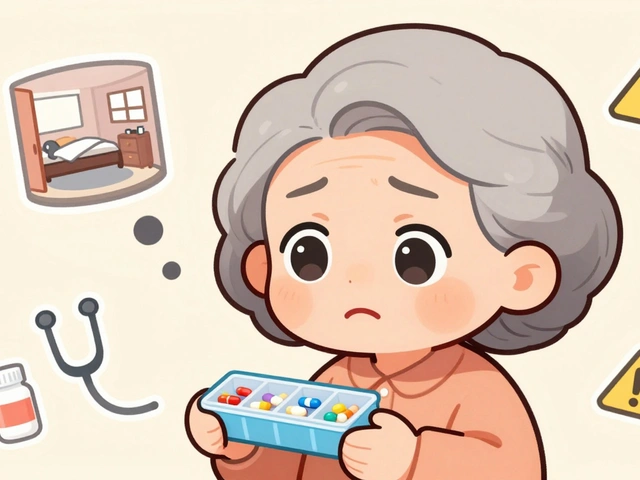Biologic Medication: A Practical Guide to Modern Treatments
If you've heard the term "biologic medication" and wondered what it really means, you're not alone. Biologics are a newer type of medicine made from living cells rather than chemicals. They're designed to target specific parts of your immune system, helping your body fight diseases in ways traditional drugs can't.
Unlike regular medicines that are made through chemical processes, biologics use living cells from animals, humans, or microorganisms. This makes them a bit more complex to produce, but also more precise in how they work. You'll often hear about biologics being used for diseases like rheumatoid arthritis, psoriasis, certain cancers, and even some rare conditions.
How Do Biologic Medications Work?
Biologics usually target specific proteins or cells in your immune system that cause inflammation or damage. For example, if your immune system is attacking your joints, as in rheumatoid arthritis, a biologic might block a protein causing that attack. Think of it like turning off a faulty switch in your immune response.
Because these drugs target only certain pathways, they sometimes cause fewer side effects than older medicines that suppress the whole immune system. But they’re not without risks—since they adjust how your immune system works, they can sometimes increase the chance of infections or other issues. That’s why doctors monitor patients closely while on biologics.
What Should You Expect If Using Biologics?
Biologics usually come as injections or infusions given in a clinic or sometimes at home. The frequency depends on the specific medication—some are weekly, others monthly or even less often. Getting used to injectable treatments might feel awkward at first, but many people find the relief from symptoms worth it.
These medications aren’t cheap, and insurance plays a big role in access. Still, several support programs and financial assistance options exist to help with costs. If you’re considering biologic treatment, it’s good to discuss with your healthcare provider the benefits, risks, and what support you might need.
In short, biologic medications are changing how we treat many tough diseases by offering targeted, effective options. They might not be right for everyone, but for those who can take them, biologics can be life-changing. Stay informed, ask questions, and keep your healthcare team in the loop to get the most out of these advanced medicines.
Prescription Savings Showdown: Insurance vs. International Pharmacies for Insulin, Inhalers, and Biologics

Struggling to pay for essential meds like insulin or inhalers? This article breaks down real-life savings on insulin, inhalers, and biologics using insurance versus international pharmacies. We unpack the real numbers, explore how insurance plans compare to buying abroad, and share clever tips. You'll see fresh case studies, learn why drug pricing is so wild, and get concrete advice on stretching your healthcare dollar.
read more



